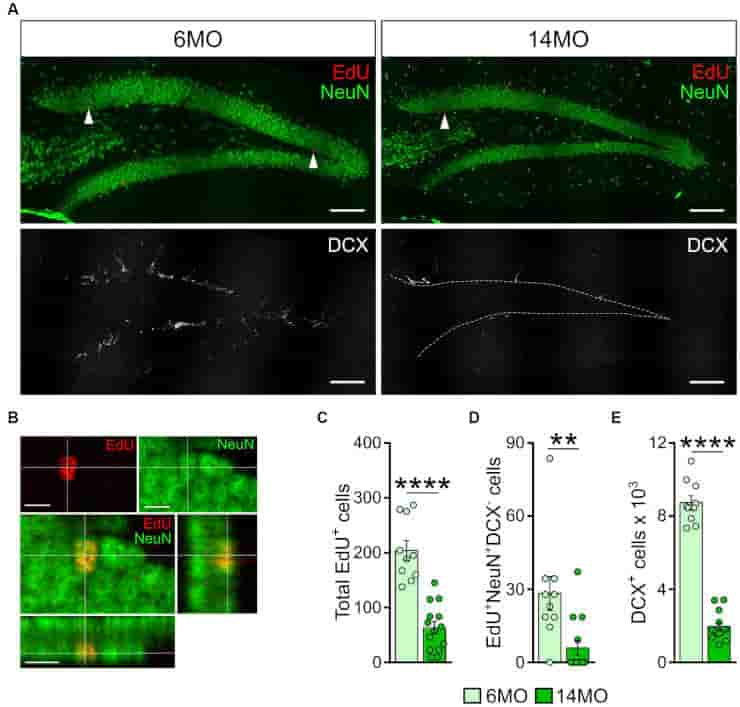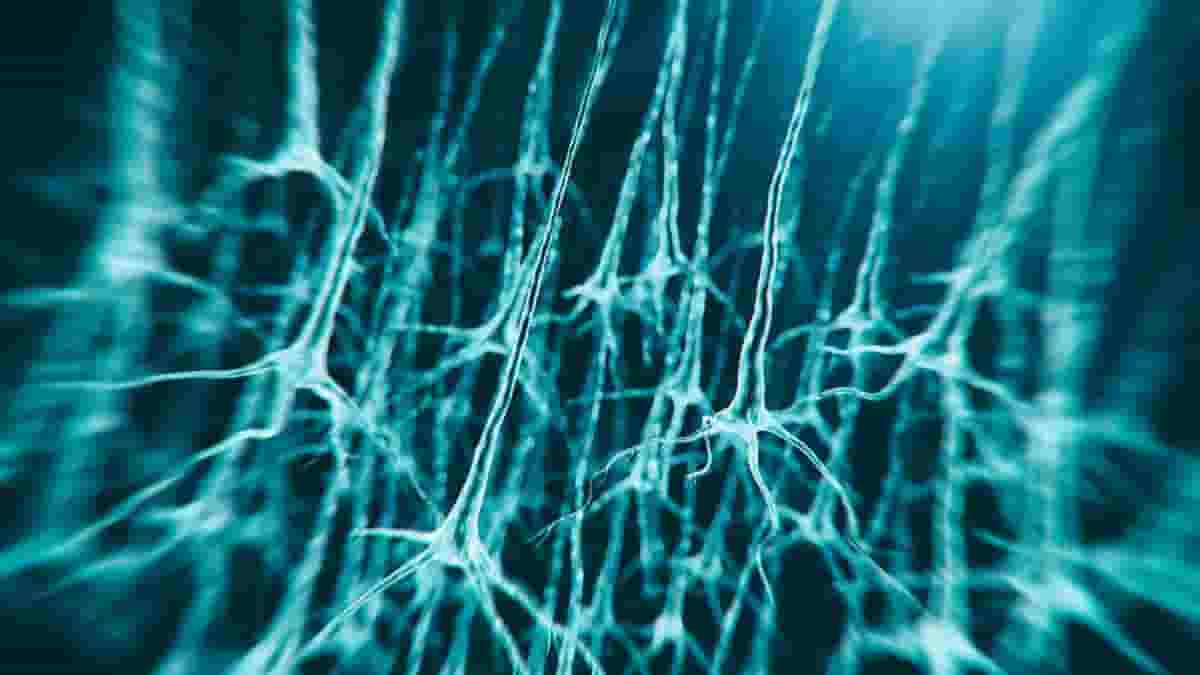Cognitive adaptability or flexibility is the ability to switch from one type of cognitive problem-solving strategy to another when circumstances change.
When this ability deteriorates — whether due to aging, disease, trauma, or environmental exposure — mental behaviour becomes more rigid, and a person struggles to adapt to new cognitive demands and remains stuck in the previous way of thinking.
The same negative conditions — disease and aging — affect the process known as adult neurogenesis. The connection between the two situations, however, remains obscure.
A group of scientists led by Stony Brook University think they have revealed a new understanding of cognitive plasticity and the significance of adult neurogenesis. Two recent papers detail their study and findings.
Flexibility Behavioral Assay
The full range of consequences impacting cognitive flexibility remains elusive to scientists, according to Grigori Enikolopov Ph.D., Professor in the Department of Anesthesiology in the Renaissance School of Medicine at Stony Brook University and the University’s Center for Developmental Genetics, and a lead author of both papers.
He and his colleagues created a new animal model centred on behavioural tasks that challenged mice to respond to various cues in order to navigate a maze.
The common version of this task requires the mouse to find a platform submerged in a water pool, remember the platform’s position relative to various cues surrounding the pool (for instance, circles and crosses affixed to the walls of the area). Then, the mouse must use these cues to navigate to the platform (as one would learn the location of a local furniture shop relative to other shop signs on the same block).
The authors designed a new behavioural assay by incorporating additional variables into the common task, such as alternating the pool’s colour daily, suspending children’s toys above the pool, and repositioning the platform (as if altering the store and building colours surrounding the bike shop).
Radiation Exposure Learning Deficits
The team examined how radiation exposure affects cognitive flexibility and neurogenesis in the hippocampus, a brain region involved in learning and memory, in an article for The Journal of Neuroscience that was chosen as the edition’s cover story.
Using the test model, the team discovered that exposure to gamma-radiation had no effect on the mice’s ability to learn the standard version of the task, but reduced the animals’ cognitive flexibility, as they remained steadfast in their routine and continued searching for the platform in the old location.
“We also found that in animals exposed to this complex new task, newly generated neurons became activated by the selected features of the task, for instance by the local cues (the toys) hanging above,”
said the first author of both papers, Evgeny Amelchenko, Ph.D.
Curiously, the response was unique to adult-generated neurons born three months before the test, but not to younger neurons.
Age-related Flexibility Declines
Because aging is associated with impairments in cognitive flexibility and other brain functions, the researchers also tested adult (6 month) and mature adult (14 month) mice using the same intricate maze task —specifically designed to invoke cognitive flexibility. This research, described in a Frontiers in Neuroscience paper, led to the discovery that age-related declines in cognitive adaptability are strongly associated with levels of neurogenesis in the hippocampus.

(A) Images of sections from 6MO (left column) and 14MO (right column) mice stained for EdU, NeuN (top row), and DCX (bottom row); arrows on two top images indicate EdU+ cells; white dash line in lower right image outlines the borders of the granule cell layer of the DG; scale bar – 100 μm; (B) Example confocal images and cross sections representing EdU labeling co-localized with NeuN expression in the same cell of the granule cell layer of the DG of a 14MO mouse; scale bar – 10 μm; (C) number of EdU+-cells per DG; ****p < 0.0001; (D) Number of EdU+NeuN+DCX−-cells (mature adult-born neurons) per DG, **p < 0.01; (E) Number of DCX+ cells (immature adult-born neurons) per DG. ****p < 0.0001;
Credit: Front. Neurosci. 17:1232670. doi: 10.3389/fnins.2023.1232670 CC-BY
According to Enikolopov, the team discovered a striking correlation between an animal’s task performance and the number of neurons generated in the animal several weeks or even months before the task was completed.
“Animals exposed to artificial (exposure to radiation) or natural (aging) conditions show diminished neurogenesis, delayed learning, deficient memory, and reduced use of efficient navigation strategies when confronting scenarios that require the adjustments of previously learned search strategies,”
explained Dr. Amelchenko. This highlights the significance of hippocampal neurogenesis in promoting cognitive flexibility.
Augmenting Neurogenesis
Surprisingly, the older mice improved after additional training and closed the performance gap with the younger mice, indicating the older brains’ accommodation capacity.
Enikolopov goes on to say that the entire body of work described in both papers points to a close relationship between the extent of adult neurogenesis and cognitive flexibility rather than traditional learning and memory processes.
“This connection raises the exciting prospects that augmenting neurogenesis levels could serve as a strategy for mitigating the effects of the aging- or disease-related cognitive decline,”
he said.
The researchers will continue to evaluate cognitive flexibility and neurogenesis in their model, taking a closer look at the cohorts of neurons formed at different times prior to the test, and will determine if their assay can be used to screen for drugs that may promote cognitive flexibility in mice. They want to eventually utilize fMRI in humans to examine how aging or disease affect cognitive flexibility.
References:
- Amelchenko EM, Bezriadnov DV, Chekhov OA, Anokhin KV, Lazutkin AA and Enikolopov G (2023) Age-related decline in cognitive flexibility is associated with the levels of hippocampal neurogenesis. Front. Neurosci. 17:1232670 DOI: 10.3389/fnins.2023.1232670
- Evgeny M. Amelchenko, Dmitri V. Bezriadnov, Olga A. Chekhov, Anna A. Ivanova, Alexander V. Kedrov, Konstantin V. Anokhin, Alexander A. Lazutkin, Grigori Enikolopov. Cognitive Flexibility Is Selectively Impaired by Radiation and Is Associated with Differential Recruitment of Adult-Born Neurons. Journal of Neuroscience 23 August 2023, 43 (34) 6061-6083; DOI:10.1523/JNEUROSCI.0161-22.2023
Last Updated on September 19, 2023
